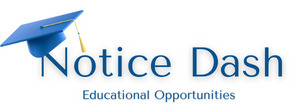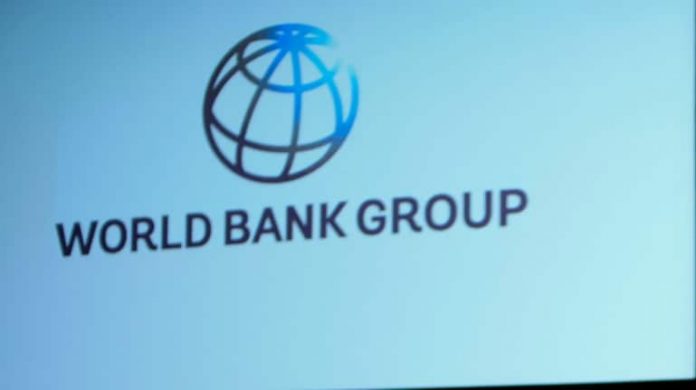The World Bank’s Strategic Impact Evaluation Fund (SIEF) supports scientifically rigorous research that measures the impact of programs and policies to improve education, health, access to quality water and sanitation, and early childhood development in low and middle income countries. The majority of the evaluations are randomized control trials (RCTs) and they were chosen through a competitive process open to researchers worldwide.
About the Grant
The global Covid-19 pandemic has resulted in devastating losses. Beyond the loss of over 6 million lives globally, there have been severe setbacks in different dimensions of human capital, from health to education to labor market outcomes. Individuals have been affected at all stages of the lifecycle, leading to not only a decline in current welfare but potential scarring effects that alter their long-term trajectory. In most regions, more vulnerable populations such as poorer people and minorities have been disproportionately affected. Reversing these losses and ensuring a robust recovery will require innovative and timely interventions.
Since 2012, the World Bank’s Strategic Impact Evaluation Fund (SIEF) has funded five open, competitive calls for proposals for impact evaluations in low- and middle-income countries focused on early childhood development and nutrition, basic education, health systems, or water and sanitation. The current portfolio has 85 evaluations spread across 35 countries, and these evaluations are a mix of government, NGO, and researcher-implemented programs.1 SIEF-funded evaluations have led to peer-reviewed publications in top research journals, such as the Lancet and the American Economic Review, and as well as citations and profiles in mainstream media outlets, such as National Public Radio, the Economist, and the Guardian. These evaluations have also had large policy footprints, including at national scale.
Continuing SIEF’s approach of matching scientifically rigorous research methods with pressing policy challenges, the focus of this sixth call for proposals is Covid-19 recovery. In particular, SIEF aims to fund evaluations that examine innovative interventions that enable individuals in low- and middle-income countries recover from human capital losses incurred as a result of Covid-19. Given the enormity of the losses and the urgent need for remedies, this call will prioritize interventions that have the potential for high impact within a short amount of time.
SIEF will offer up to $400,000 per evaluation and expects to fund approximately 10-12 evaluations in this funding round. With the increasing use of cheaper forms of data collection, such as administrative data, phone surveys or online assessments, we expect to fund many evaluations below the maximum grant size.
SIEF will use this call for proposals to meet two primary objectives that advance SIEF’s core mandate of supporting evidence-based policy design in low- and middle-income countries.
- Objective 1 – Building evidence on high-impact interventions for Covid-19 recovery
- Objective 2 – Facilitating successful matches between researchers and operational teams
Eligibility
SIEF welcomes proposals from researchers within and outside the World Bank. That said, because SIEF is a Bank-executed trust fund, each full proposal must be submitted by a World Bank regular employee who serves as the task team leader (TTL) and the award is made to the TTL’s unit. These task team leaders provide fiduciary oversight for SIEF funds and, at the same time, increase the likelihood that governments engage with evaluation results. They also ensure that both intervention and evaluation designs will deliver evidence that countries will find useful.
While only World Bank task team leaders can submit full proposals to SIEF, each proposal must have at least one experienced researcher dedicated to the evaluation. 2 This researcher can be a current staff member of the World Bank or can be an external researcher who will eventually be hired as an individual (as a World Bank short-term consultant) if the proposal turns out to be successful. The section on How to apply below details how researchers can be paired with World Bank task team leaders.
No universities or research organizations or firms can participate in SIEF’s call for proposals, as it is not a procurement process. Moreover, if a researcher collaborates with a task team leader on a proposal, any organization, firm, or institution that also compensates that researcher will not be eligible to be contracted as a vendor or receive any payments from the World Bank for any evaluation activities. Instead, a vendor will be selected competitively according to World Bank procurement rules. For researchers accustomed to applying for grants that go to their respective institutions, this is an important difference to be aware of.
How to Apply
The application process will proceed in two stages.
Procedure for Stage 1 – In the first stage, researchers fill out a short application. This short proposal will help us assess the overall suitability of the evaluation design for the proposed country context. We want the evaluation to be technically viable; at the same time, we want the resulting evidence to be useful where it is produced. At this stage, researchers do not need to be matched with a World Bank team. These short applications will be due June 17, 2022.
Procedure for Stage 2 – After the first stage screening, SIEF will invite successful teams to submit a full proposal. These proposals will be due September 2, 2022. SIEF will make funding decisions by early October 2022. Since all SIEF-funded evaluations must have a World Bank Task Team Leader, in this stage external researchers (any researcher who is not a regular employee of the World Bank) will need to be paired with a World Bank TTL who will ultimately submit the full proposal to SIEF. Researchers currently employed as short-term consultants by the World Bank are considered external researchers.
For more information please check the Link



